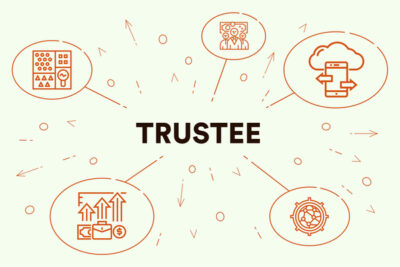How to be an Executor for Your Loved One’s Estate
Wrapping up the affairs for a loved one who has died may leave you feeling overwhelmed – especially when you are still grieving. Being named executor in a will can be a big job. Join us as we walk you…





